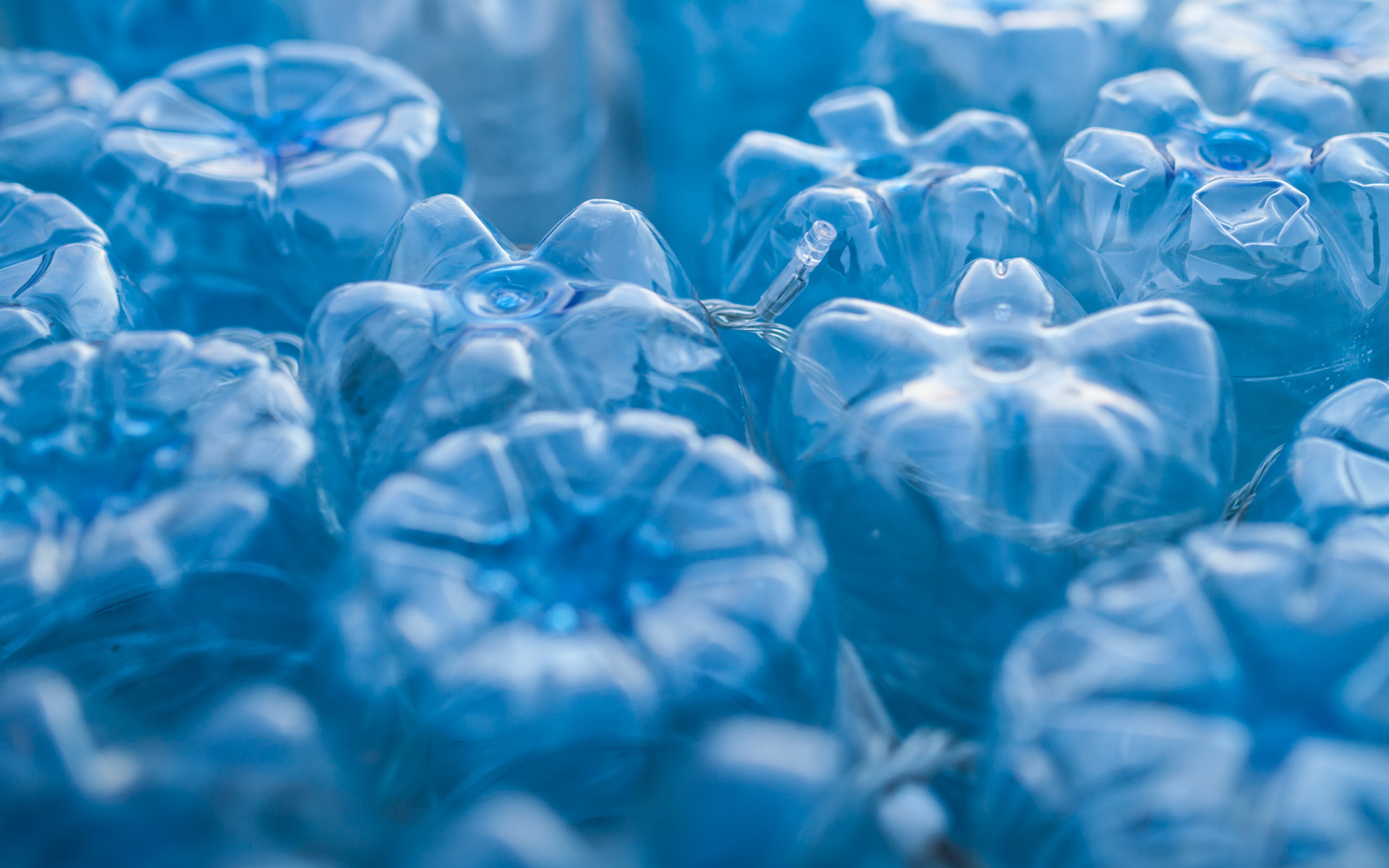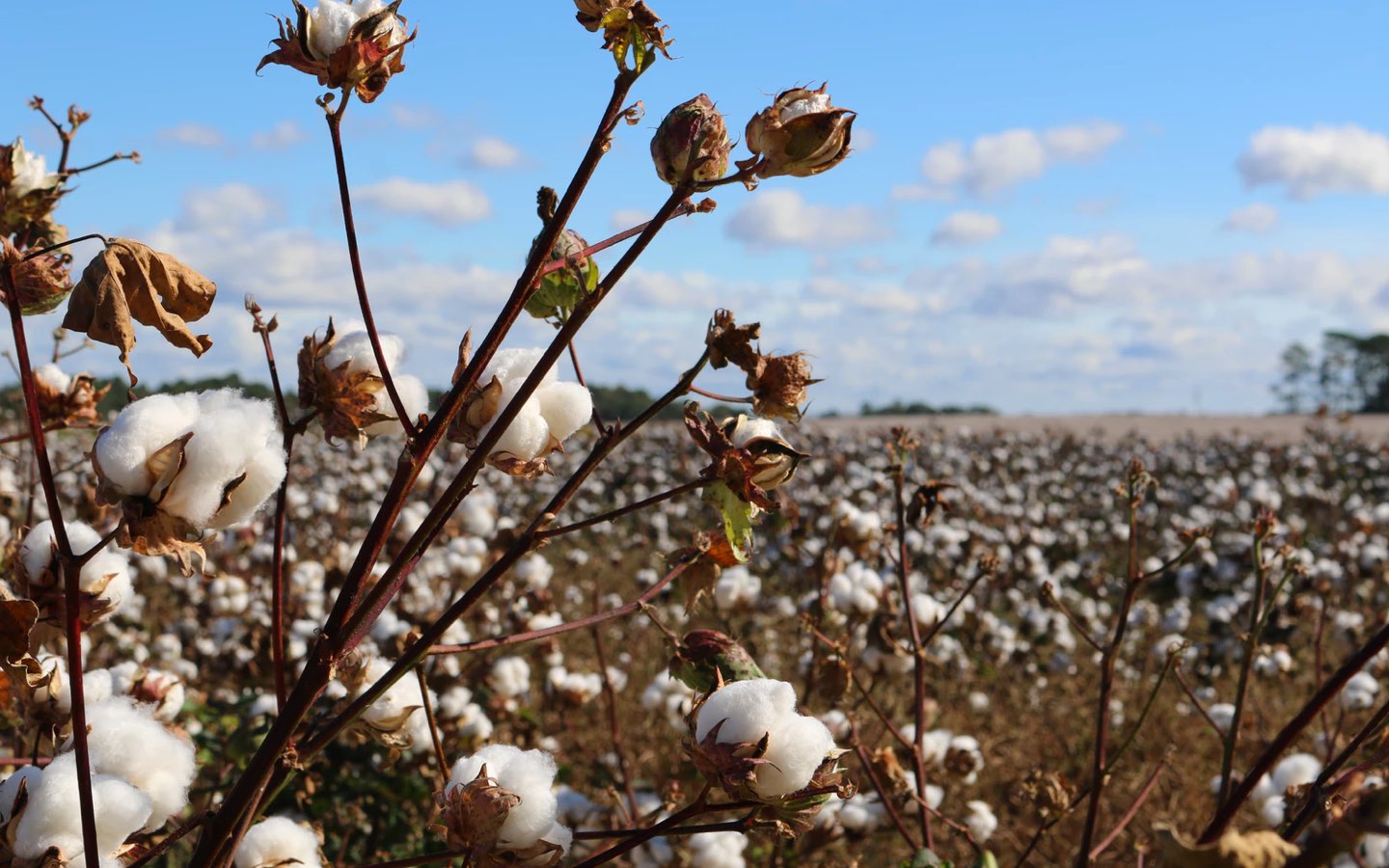JUST BE EFFICIENT
Before a comfortable sweater is made from cotton, for example, many steps precede it. By striving for the most efficient process possible in terms of raw materials and energy, we can keep the impact on the chain as small as possible.
Developing and producing collections throughout the year is step 1. However, to get them into stores in multiple countries, transport is an essential part of the chain. As long as the suppliers (purchase), the warehouse (transport to consumer) and the physical stores are not all located next door, transport will always be necessary. As we are aware that transport is inherently linked to CO2 emissions, we try to do this as sustainably and efficiently as possible.
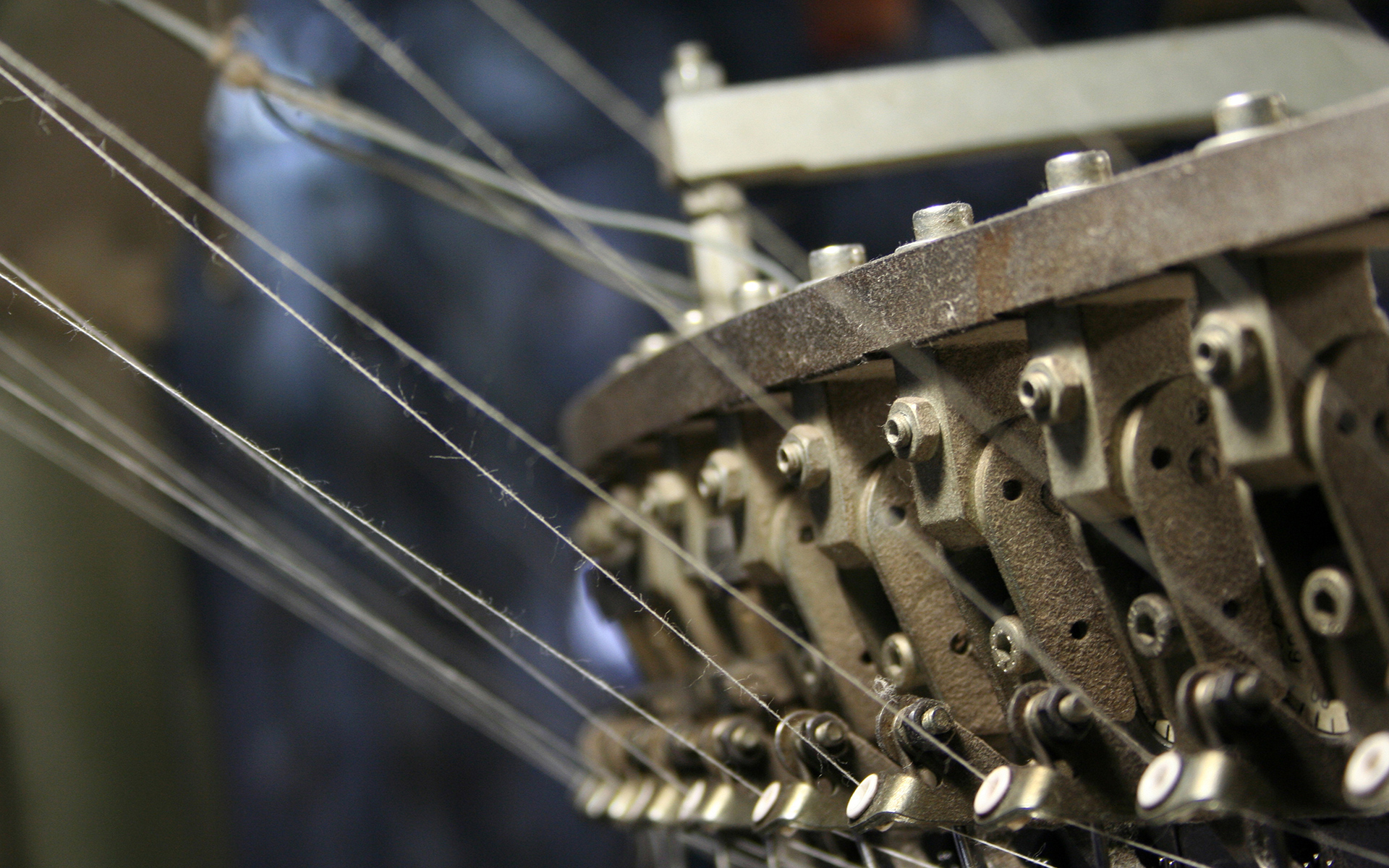
Deeper transparency within the chain
We ask our manufacturers to be transparent about their entire production chain.
As long as our manufacturers communicate transparently, they are free to decide for themselves which print houses, dyers or laundries they work with. Once we have purchased our collections, we require our manufacturers to register the addresses of the laundries, dyers and print houses they work with. This way, we keep track of our production chain and can immediately anticipate certain risks or current developments in the areas where we produce. We started out by focusing on our top 15 manufacturers, but have since expanded this to all of our manufacturers.
Deeper transparency within the chain
We ask our manufacturers to be transparent about their entire production chain.
As long as our manufacturers communicate transparently, they are free to decide for themselves which print houses, dyers or laundries they work with. Once we have purchased our collections, we require our manufacturers to register the addresses of the laundries, dyers and print houses they work with. This way, we keep track of our production chain and can immediately anticipate certain risks or current developments in the areas where we produce. We started out by focusing on our top 15 manufacturers, but have since expanded this to all of our manufacturers.

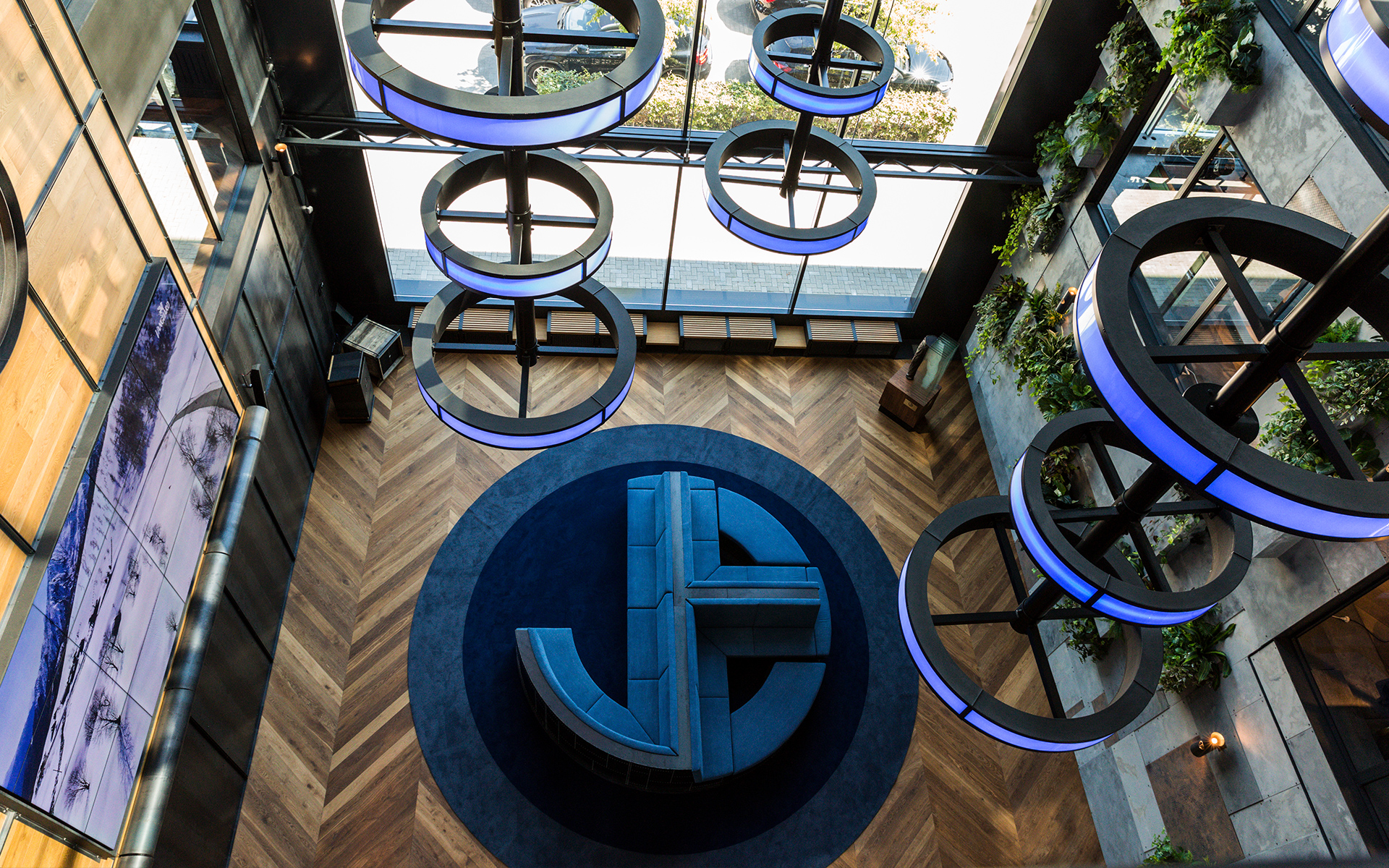
Just Brands HQ
The expression “if you want to change the world, start with yourself” applies directly to the layout of the Just Brands headquarters and the way we conduct work there.Just Brands HQ
The expression “if you want to change the world, start with yourself” applies directly to the layout of the Just Brands headquarters and the way we conduct work there.
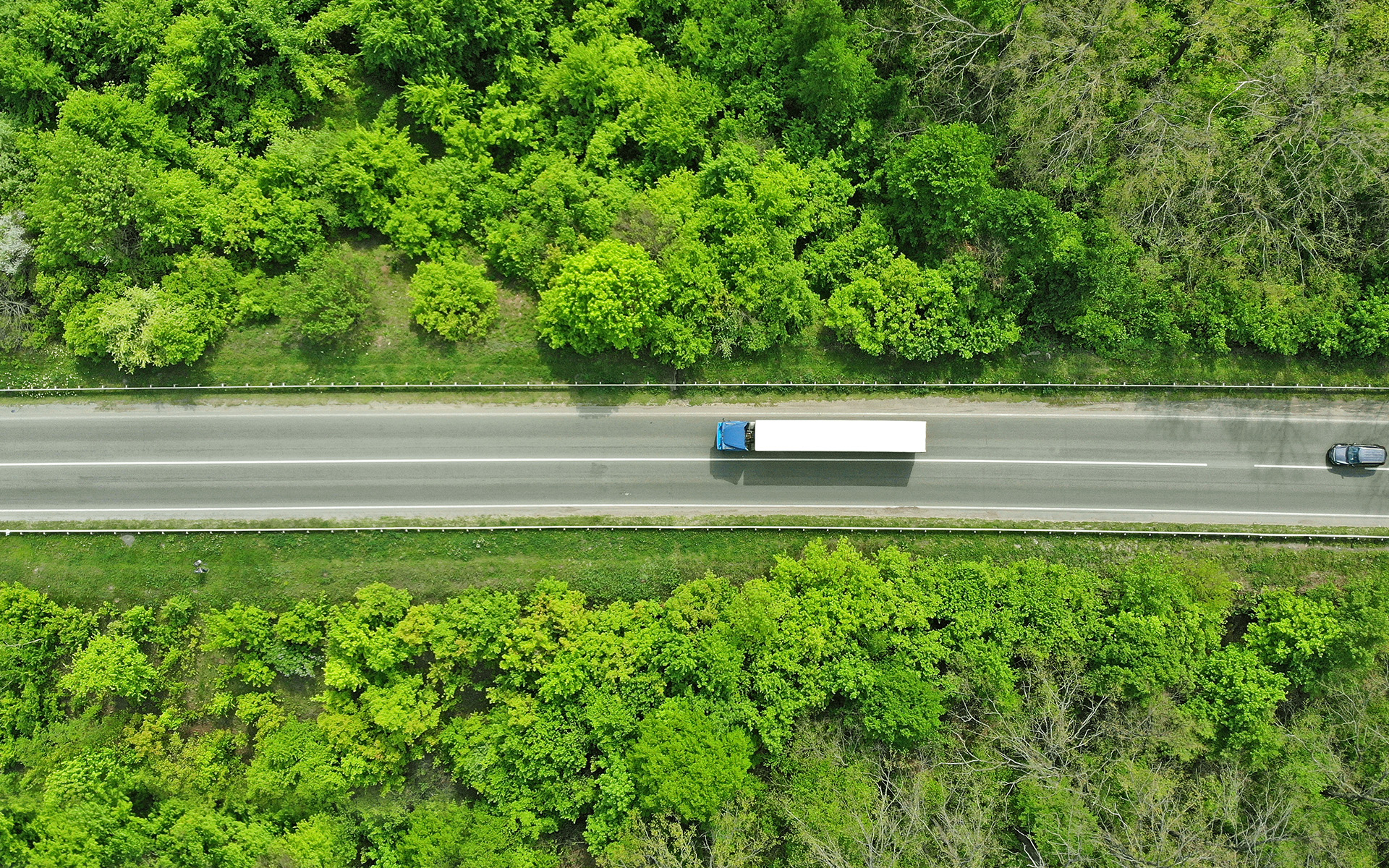
Transport
We are aware that transport is inherently connected to CO2 emissions, which is why we try to do this as sustainably and efficiently as possible.
For goods from countries in the Far East, we use container transport by sea. This is the most sustainable form of transport available at the moment when transporting goods from these countries. There are agreements in place with our sea carrier that containers must be transported as full as possible.
We refer to this as 'with as little air as possible'. For goods from the Middle East and Eastern Europe, we deploy trucks. We have the same agreements as for sea transport with our truck carrier who takes care of the transport from Turkey. We consolidate as much as possible in order to transport the goods in full trucks. As much space as possible is utilized.
In addition to these two main forms of transportation, Just Brands also makes use of air and rail transport. If there is too little time to transport a delivery by sea, we opt for rail or air transport.
In recent years there has been a lot of development in the field of train transport. When sea transport becomes too tight for our schedule, the train is an ideal solution because this form of transport is a lot more sustainable than the plane: transport by train emits 20x less kg of CO2 than air transport.
Transport
We are aware that transport is inherently connected to CO2 emissions, which is why we try to do this as sustainably and efficiently as possible.
For goods from countries in the Far East, we use container transport by sea. This is the most sustainable form of transport available at the moment when transporting goods from these countries. There are agreements in place with our sea carrier that containers must be transported as full as possible.
We refer to this as 'with as little air as possible'. For goods from the Middle East and Eastern Europe, we deploy trucks. We have the same agreements as for sea transport with our truck carrier who takes care of the transport from Turkey. We consolidate as much as possible in order to transport the goods in full trucks. As much space as possible is utilized.
In addition to these two main forms of transportation, Just Brands also makes use of air and rail transport. If there is too little time to transport a delivery by sea, we opt for rail or air transport.
In recent years there has been a lot of development in the field of train transport. When sea transport becomes too tight for our schedule, the train is an ideal solution because this form of transport is a lot more sustainable than the plane: transport by train emits 20x less kg of CO2 than air transport.

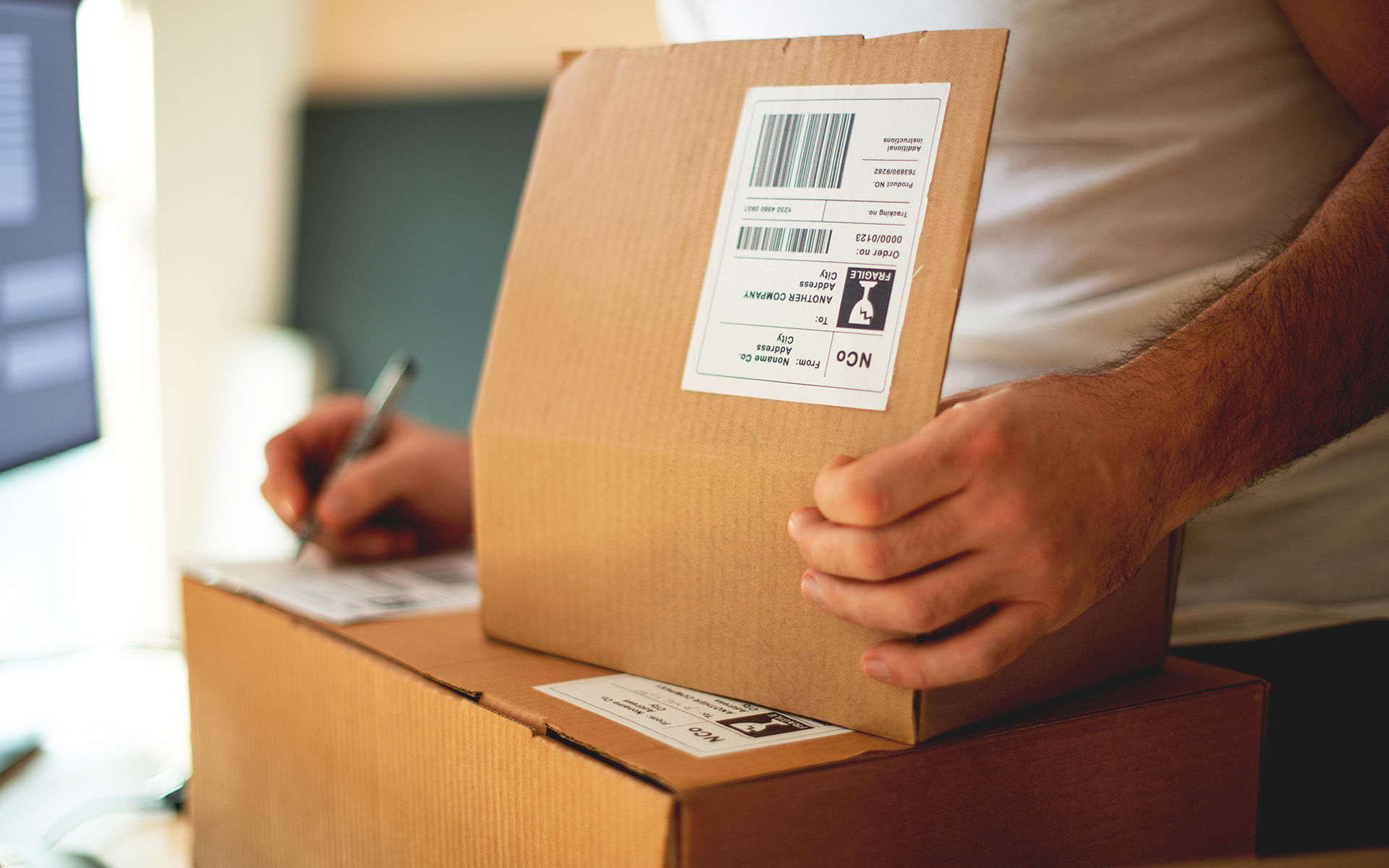
Packaging
When it comes to reducing the impact our packaging has on the environment, we aim to use as little and as sustainable packaging as possible.
Packaging (e.g. cardboard boxes and polybags) is necessary to properly deliver goods to our warehouse, the stores and ultimately to the end consumer. Unfortunately, packaging is often used once and then thrown away, which has a direct impact on the environment.
That is why Just Brands continuously looks for more effective methods of packaging:
- When sending shipments from the manufacturers, we have stopped using plastic straps around the boxes. This saves us up to 4,000 kg of plastic straps annually.
- By applying a new folding technique for our shirts, we no longer use plastic clips. This saves us up to 5,500 kg of plastic annually.
Just Brands also focuses on the use of more sustainable materials for packaging:
- When delivering to our B2B customers, our warehouse re-uses boxes from suppliers. This saves almost 41,000 kg of cardboard annually.
- Our polybags are 50% made from recycled material.
Packaging
When it comes to reducing the impact our packaging has on the environment, we aim to use as little and as sustainable packaging as possible.
Packaging (e.g. cardboard boxes and polybags) is necessary to properly deliver goods to our warehouse, the stores and ultimately to the end consumer. Unfortunately, packaging is often used once and then thrown away, which has a direct impact on the environment.
That is why Just Brands continuously looks for more effective methods of packaging:
- When sending shipments from the manufacturers, we have stopped using plastic straps around the boxes. This saves us up to 4,000 kg of plastic straps annually.
- By applying a new folding technique for our shirts, we no longer use plastic clips. This saves us up to 5,500 kg of plastic annually.
Just Brands also focuses on the use of more sustainable materials for packaging:
- When delivering to our B2B customers, our warehouse re-uses boxes from suppliers. This saves almost 41,000 kg of cardboard annually.
- Our polybags are 50% made from recycled material.

